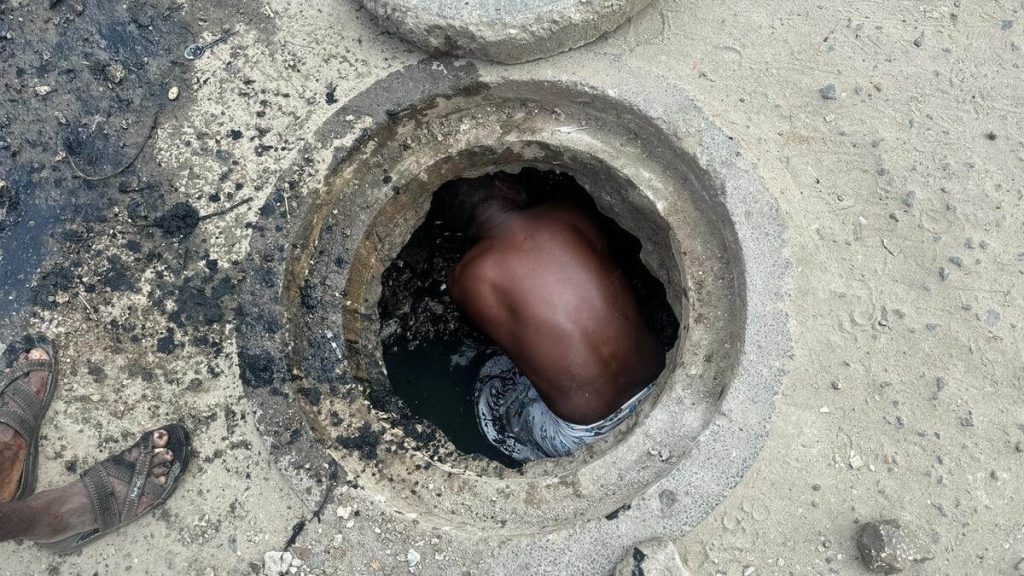
When people think of septic tanks, they usually focus on clogs, backups, or foul smells. But one of the most dangerous issues is often overlooked—septic gas. Gases released by a septic system aren’t just unpleasant—they can pose serious health and safety risks for you, your family, and even your pets.
Is Gas from Septic Tank Dangerous?
Toxic Fumes
Septic systems produce several types of gas as waste breaks down. These include methane, hydrogen sulfide, ammonia, and carbon dioxide—all of which can be harmful, and in some cases, fatal.
- Methane is odorless, flammable, and can lead to explosions if it builds up in enclosed spaces.
- Hydrogen sulfide, responsible for that “rotten egg” smell, can cause nausea, dizziness, and at high levels, unconsciousness or death.
- Ammonia and carbon dioxide can irritate the eyes, respiratory system, and displace oxygen in poorly ventilated areas.
These gases often collect in crawlspaces, basements, or near tank openings. If you ever smell rotten eggs or experience unexplained headaches or dizziness near your septic system, leave the area immediately and call for professional help.
Explosion Risk
While rare, gas explosions from septic systems can and do happen. Methane is highly combustible and can ignite with a spark, especially in confined spaces. That’s why it’s crucial never to smoke or use open flames near septic tanks or vent pipes.
Poor ventilation, neglected maintenance, or even a crack in the tank or pipes can allow gases to build up dangerously. If you notice bubbling in your yard or hear odd hissing near the system, take it seriously.
Oxygen Displacement
As gases like methane and carbon dioxide accumulate, they can displace oxygen, making the air around your tank unsafe to breathe. This is particularly dangerous for anyone who might enter a septic tank for repairs or inspections.
Tragically, deaths have occurred when people have entered tanks without proper ventilation equipment. These confined spaces can become lethal within seconds due to lack of oxygen.
Long-Term Health Effects
Even at low levels, consistent exposure to septic gases can cause ongoing health issues. Common symptoms include:
- Headaches
- Nausea
- Fatigue
- Respiratory irritation
- Eye and throat discomfort
Children, elderly individuals, and those with compromised immune systems are especially at risk.
How to Protect Yourself
You don’t have to live in fear of your septic system, but you do need to respect its dangers and take precautions:
- Ensure proper ventilation for all septic components.
- Install and maintain vent pipes to safely direct gases away from your home.
- Get regular inspections to check for cracks, blockages, or faulty seals.
- Never open or enter a septic tank without professional assistance and proper safety gear.
Take Septic Gas Seriously
Septic gas isn’t just a bad smell—it’s a serious hazard. From health problems to fire risks and even structural damage, the consequences of ignoring septic gas can be severe.
The best way to avoid trouble is regular maintenance and immediate attention to warning signs. If you notice strange odors, bubbling drains, or unusual symptoms around your home, don’t ignore them. Septic safety isn’t just about waste—it’s about protecting your health, your home, and your life.